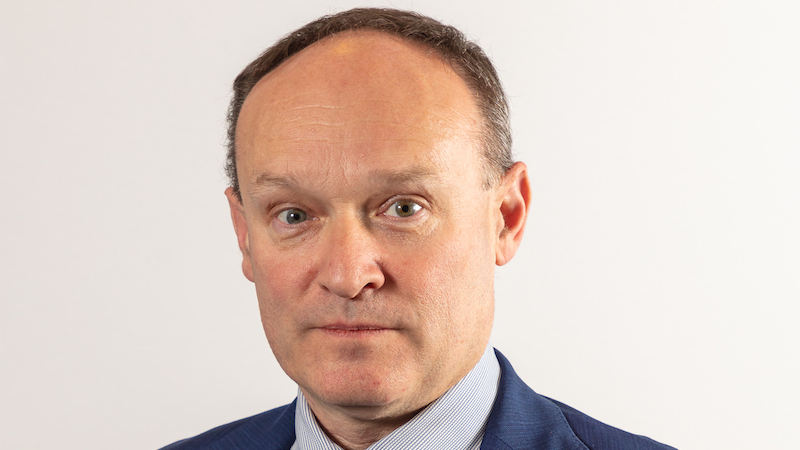Money managers are pre-occupied with idea generation, to the detriment of the crucial matter of portfolio construction, according to David Jane of the Premier Miton macro thematic multi-asset team.
In his latest investment commentary, Jane made an observation based on his 35 years of meetings with clients, rating agencies and other professional fund selectors.
“Everyone wants to talk to you about your idea generation process and particular ideas, yet no-one wants to talk about portfolio construction,” Jane said. “As the years have gone on, I have found this increasingly surprising. The product I manage, and market is a portfolio of investment ideas, not specific ideas.
“My job title is fund manager, not stockpicker. Obviously, we in the industry are partly to blame for this. When we put presentations together, we know that interesting stock stories are much more motivational than the dry and mathematically heavy topics of risk and portfolio construction.”
Jane said there was a moment about 20 years ago when doing a joint roadshow with a number of other multi-asset fund managers, when a ‘canny client’ observed that the macro analysis and outlook from multiple managers was essentially the same, yet performances were very different.
See also: M&G warns of bumpy path and turbulence ahead for investors
“The answer was, of course, how each manger scaled his positions, basically risk management and portfolio construction,” he explained. “Over subsequent years in the industry, particularly those spent heading a large team of investors, it has become clear to me that the real key to long term success is not idea generation but portfolio construction.
“While finding the next great thing and getting in early can be a great strategy short term, it relies on a huge amount of luck, in reality,” Jane continued. “Yet most of the industry’s brain power is spent on this activity and very little on risk and construction.”
Jane noted that it is a ‘simple fact of life’ that no matter how confident a fund manager might be, the real odds of making any individual stock call correctly are actually only slightly above 50%, perhaps 55% at best.
Despite this Jane said huge amounts of intellectual and emotional energy are spent in this area. Very little is spent considering portfolio construction, and in effect, how this skill is applied effectively to optimise returns to client’s needs.
See also: AJ Bell: The five key trends driving UK and US shares
He said it makes sense for fund managers to spread risk broadly across a portfolio to maximise the chances of skill coming through into investment returns.
Despite this, many managers concentrate their portfolios in a small number of high conviction positions, Jane noted. He pointed to the rush into the magnificent seven stocks at the cost of good portfolio management principles as a prime example of this.
“The reasoning being that they think they have a greater chance of being right in those positions than the rest of the portfolio,” Jane said. “While it is logical, perhaps, to think that a manager might have some limited skill in predicting the future returns from a security, for him to be able to predict where he has the greatest chance of predicting these returns with any accuracy is a step too far for me.”
See also: BlackRock MyMap growth shines light on rapid rise of multi-asset funds








